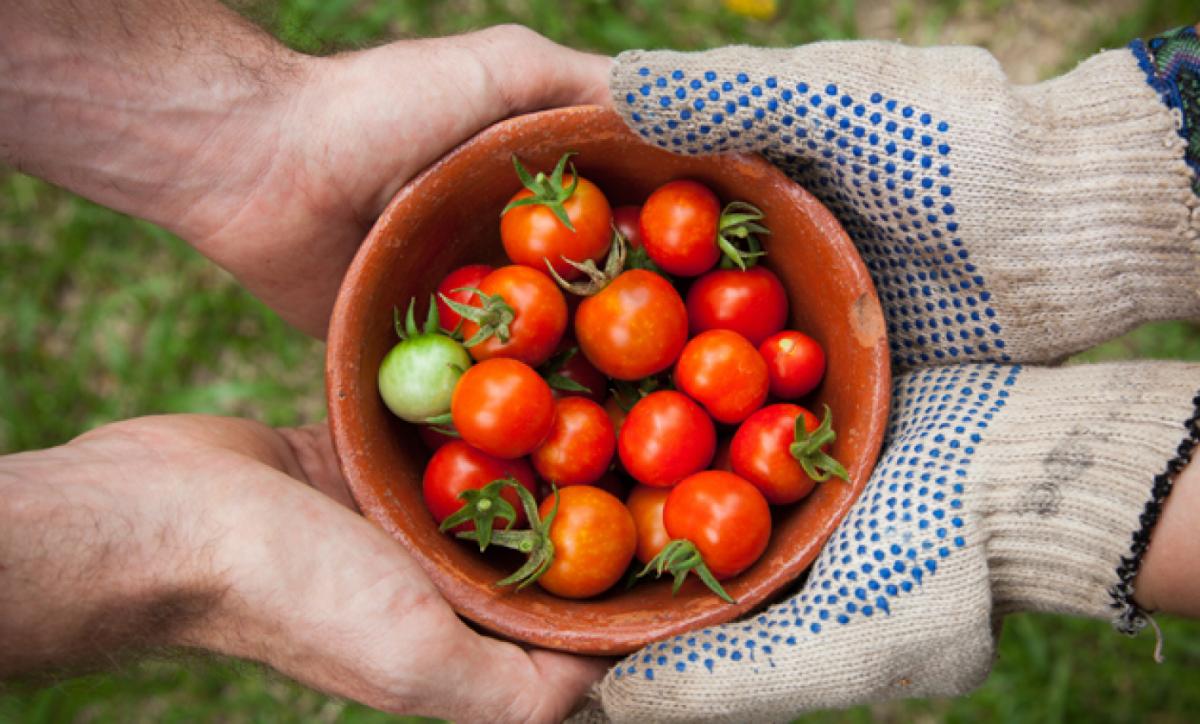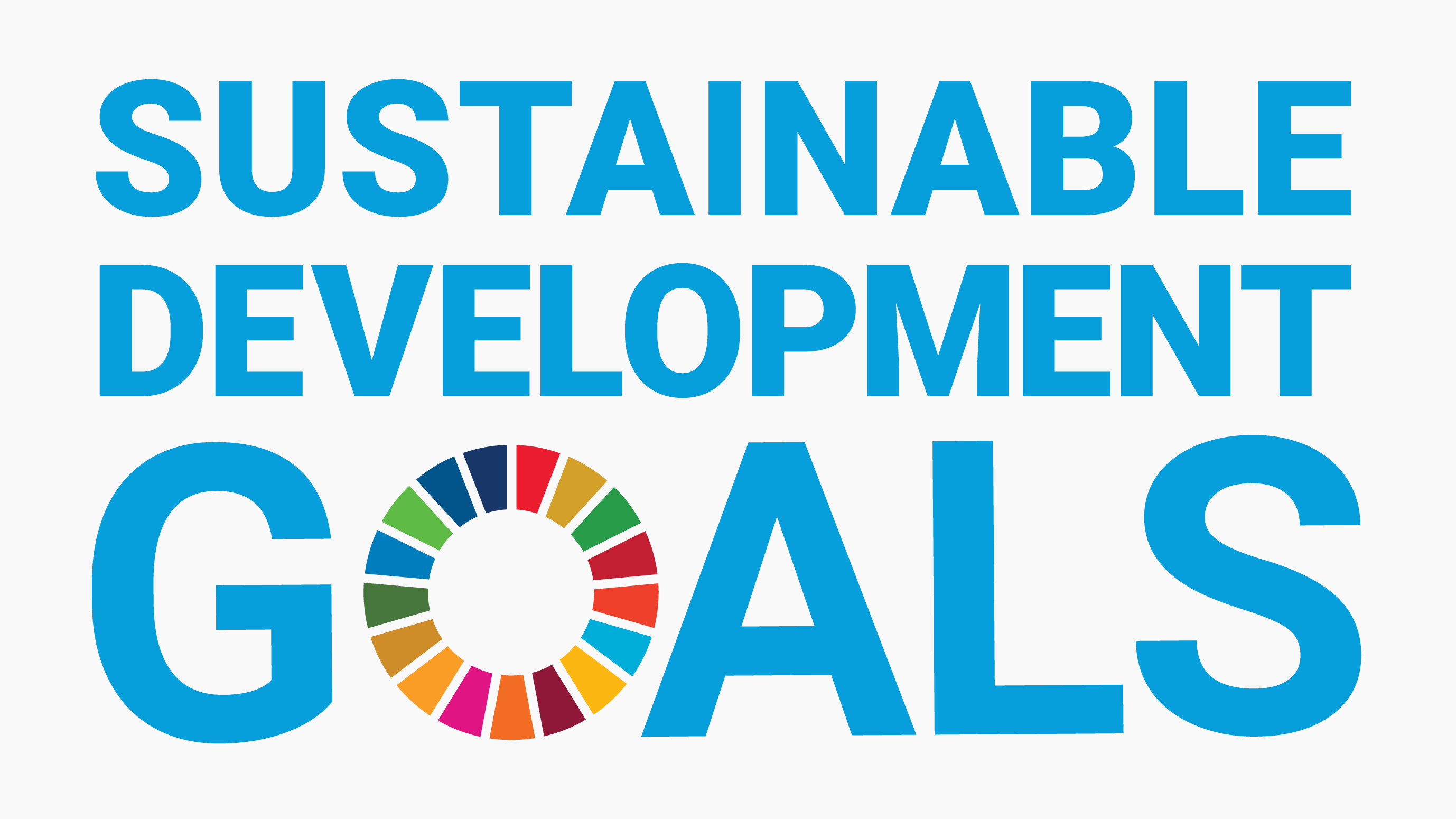Exploration of effective policies adopted by developed countries in food security governance - a case in point: EU

Food security means that people have access to sufficient reliable and nutritious food and goods to sustain a healthy life at all times. Food security is the most basic human need to sustain life, and the amount and nutritional adequacy of food directly affects people’s health and even national power, and problems such as uneven food and waste seriously jeopardize national order.
Every country has to face the issue of food security, and this project analyzes a series of measures taken by the EU in food security governance, using the EU as an example.
To address the challenge of food security, the EU has developed a food security policy in four areas.
1. Promoting rural development to increase the attractiveness of agriculture to entrepreneurs and enhance the professionalism and specialization of farmers.
2. Promoting technological innovation to improve agricultural productivity and competitiveness using technologies such as computerized big data.
3. Addressing the challenges posed to food by environmental climate change and extreme weather.
4. Opening up agricultural trade, which will allow countries to develop agricultural products with comparative advantages and improve food security locally and worldwide.
The agricultural exports in the EU now amount to $100 billion a year and already rank first in the world as a share of the world. There are three effective measures to learn from.
First, the EU has implemented the Common Agricultural Policy, which has increased the level of marketization and global competitiveness. Second, the amount of growth in the EU agricultural exports relies on the growth of global demand, especially from the middle class in emerging market countries. The third is the stringent food safety standards. Traceable, high-quality agricultural products help build international brands.
By analyzing the EU’s food security policies, we help to provide lessons for other countries in dealing with the crisis of food security. This will contribute to a multi-win situation of ensuring food security and developing rule-based international trade.
About Us
Institute of International Exchange is an international non-governmental and non-profit organization. We hope to build an equal and friendly platform for exchanges and cooperation around the world.
© 2023 Institute of International Exchange




